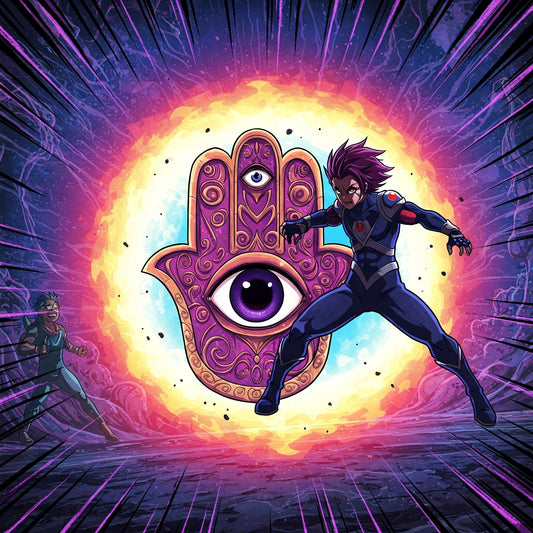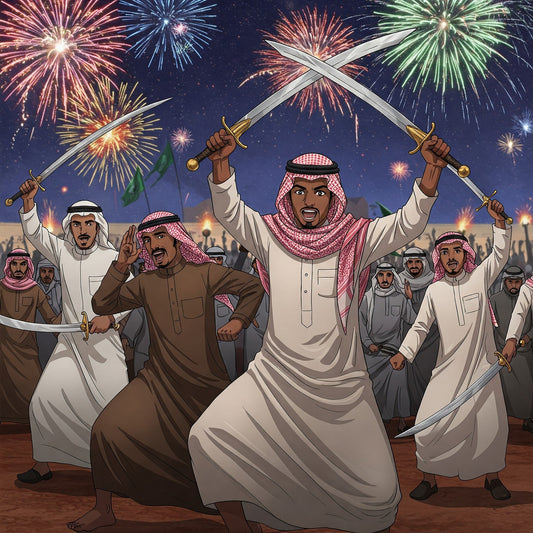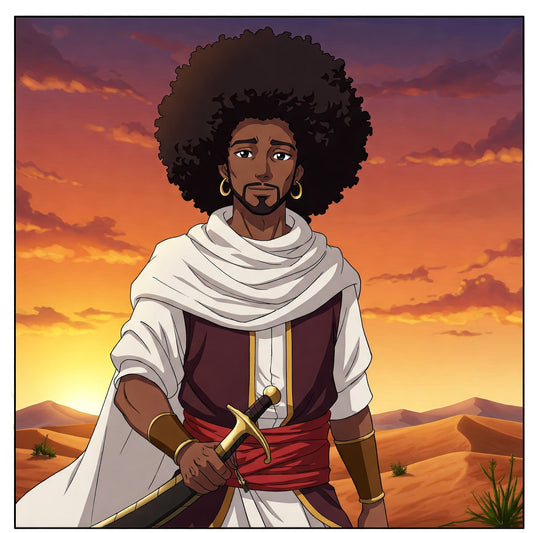The Revolutionary: Thomas Sankara, Africa's Che Guevara
Thomas Sankara, often referred to as "Africa's Che Guevara," was a Burkinabé revolutionary and the President of Burkina Faso from 1983 until his assassination in 1987. A charismatic Marxist revolutionary, Sankara's brief rule was marked by radical social reforms, fervent anti-imperialist rhetoric, and a commitment to pan-African unity. Though his life was tragically cut short, his legacy continues to inspire activists and revolutionaries across Africa and the globe.
Born in 1949 in the then French colony of Upper Volta, Sankara rose through the ranks of the military, gaining popularity for his honesty and integrity. He seized power in a popular coup in 1983, determined to transform his impoverished nation. One of his first symbolic acts was to rename the country from Upper Volta, a colonial relic, to Burkina Faso, meaning "Land of Upright People" in the local Mooré and Dioula languages. This change embodied his vision of a nation shaking off its colonial past and forging its own path.
Sankara's policies were revolutionary for their time and context. He launched ambitious programs in education, healthcare, and agriculture, aiming to improve the lives of the Burkinabé people. Recognizing the importance of empowering women, he outlawed female genital mutilation, forced marriages, and polygamy. He appointed women to high government positions, a rarity in Africa at the time, and encouraged them to work outside the home and stay in school. His government was also a pioneer in environmental protection, planting millions of trees to combat desertification and promoting local food production to achieve food self-sufficiency.
On the international stage, Sankara was a vocal critic of neo-colonialism and a champion of the Third World. He challenged the dominance of institutions like the International Monetary Fund and the World Bank, whose policies he believed perpetuated poverty and dependence in Africa. He called for the cancellation of Africa's debt, arguing that it was a form of neo-colonial control. His fiery speeches at the United Nations and the Organization of African Unity made him a hero to many across the continent and beyond.
Sankara's commitment to self-reliance and his rejection of foreign aid further solidified his anti-imperialist credentials. He famously said, "He who feeds you, controls you." He encouraged the Burkinabé people to consume locally produced goods and wear domestically made clothes, promoting a sense of national pride and economic independence.
However, Sankara's revolutionary path was not without its challenges. His radical reforms and uncompromising stance alienated some segments of society and drew the ire of foreign powers. In 1987, he was overthrown and assassinated in a coup led by his former friend and close advisor, Blaise Compaoré, with suspected foreign involvement. Compaoré would go on to rule Burkina Faso for the next 27 years, reversing many of Sankara's policies.
Despite his untimely death, Thomas Sankara's legacy endures. He remains a powerful symbol of hope, integrity, and resistance to many across Africa. His commitment to social justice, gender equality, and environmental protection resonates even more strongly today. Sankara's life serves as a reminder of the transformative potential of visionary leadership and the enduring power of revolutionary ideals. As the "Land of Upright People" continues to grapple with its complex political landscape, the spirit of Thomas Sankara continues to inspire the fight for a more just and equitable future. He stands as a testament to the power of one man to challenge the status quo and ignite the flames of change, even in the face of overwhelming odds. He is a hero who, many would argue, was gone too soon.




